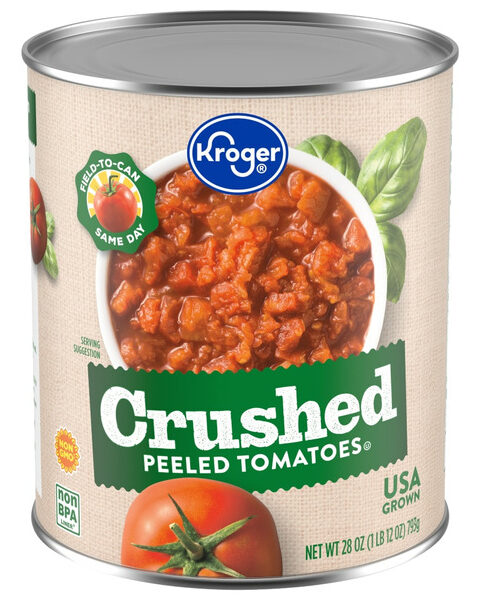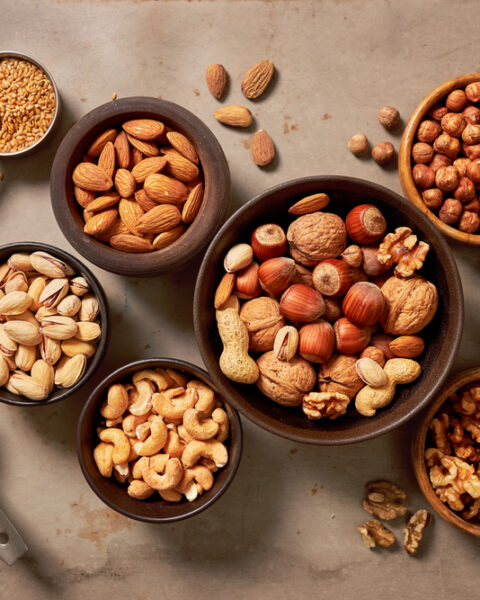Spices and herbs aren’t just for making your food taste better; they can also support your heart health. Many common ingredients in your kitchen have hidden benefits that promote cardiovascular wellness. These natural wonders can be powerful allies in maintaining a healthy heart, from reducing inflammation and lowering blood pressure to improving cholesterol levels. Let’s dive into some of the most effective spices and herbs to help keep your heart in shape.
Contents
- 1 Turmeric
- 2 Garlic
- 3 Cinnamon
- 4 Ginger
- 5 Cayenne Pepper
- 6 Black Pepper
- 7 Oregano
- 8 Basil
- 9 Rosemary
- 10 Parsley
- 11 Thyme
- 12 Sage
- 13 Fenugreek
- 14 Cilantro
- 15 Cloves
- 16 Nutmeg
- 17 Cardamom
- 18 Cumin
- 19 Saffron
- 20 Bay Leaves
- 21 More From RetailShout
- 22 15 Best Bottled Salsas You Can Buy, Ranked
- 23 10 Practical Money-Saving Benefits of Decluttering Your Home
Turmeric

Turmeric, often called the golden spice, contains curcumin, which has potent anti-inflammatory and antioxidant properties. This vibrant yellow spice helps reduce arterial plaque buildup, significantly lowering the risk of heart disease. Incorporating turmeric into your diet can also improve blood vessel function and reduce oxidative stress, both of which are crucial for maintaining a healthy cardiovascular system.
Garlic
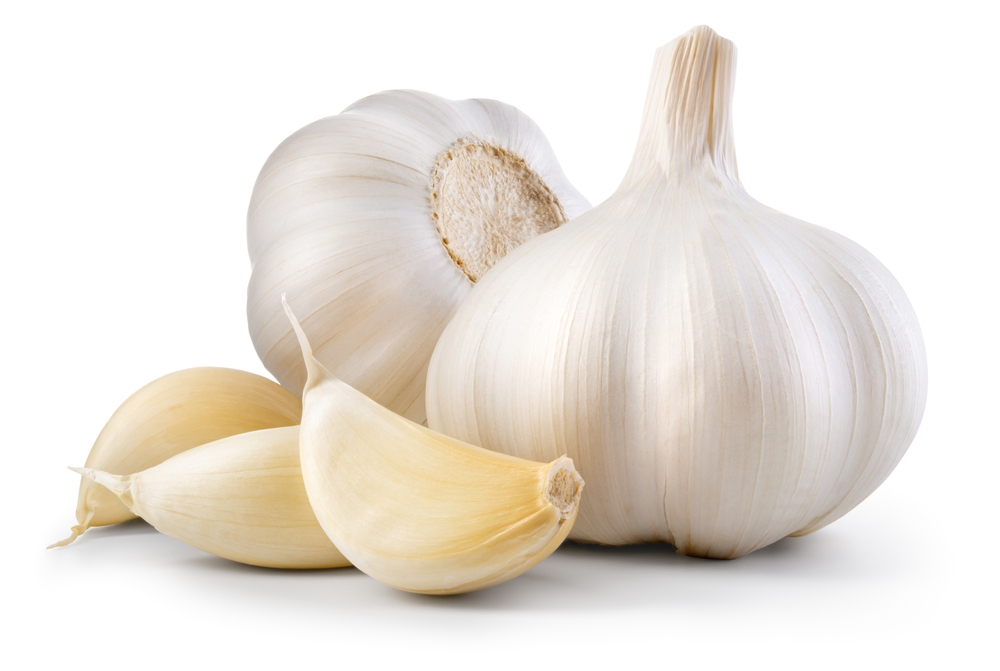
Garlic is renowned for its heart-healthy benefits, primarily due to its active compound, allicin. Regular consumption of garlic can lower blood pressure and cholesterol levels, reducing the risk of heart attacks and strokes. Additionally, garlic helps relax blood vessels and improve overall circulation, promoting cardiovascular health. Whether used in sauces, roasted vegetables, or as a seasoning, garlic is a flavorful way to support your heart.
Cinnamon

Cinnamon is more than just a delicious addition to your morning oatmeal; it’s packed with antioxidants that help reduce inflammation and oxidative stress. Studies have shown that cinnamon can lower blood sugar levels, which benefits heart health. Moreover, cinnamon has been shown to reduce cholesterol and triglyceride levels, further supporting cardiovascular wellness.
Ginger
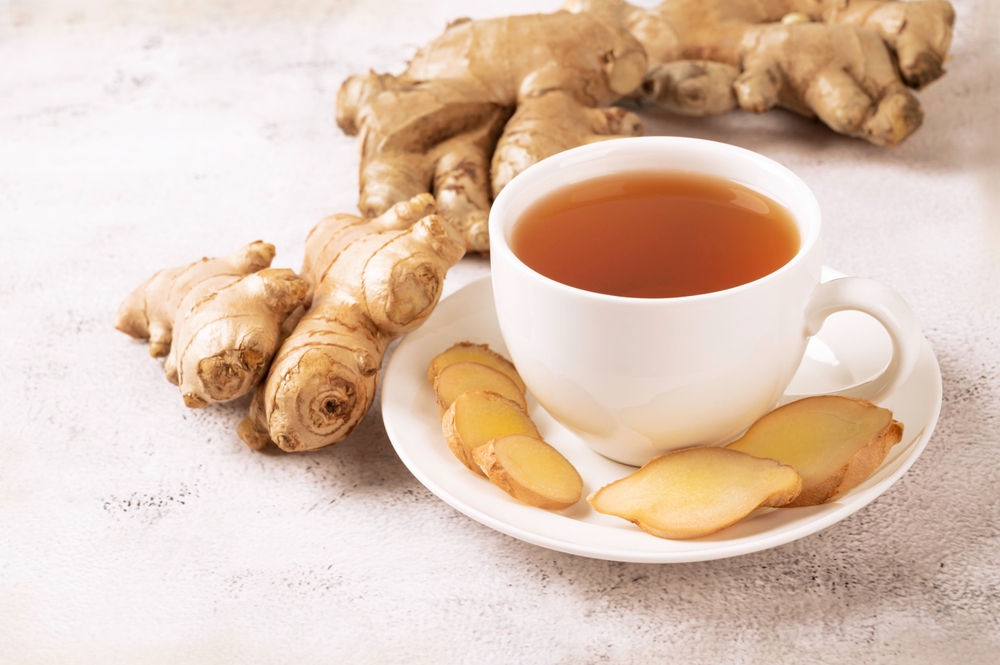
Ginger, with its distinctive spicy flavor, has impressive anti-inflammatory and antioxidant properties that benefit heart health. This versatile root can help lower blood pressure and cholesterol levels, making it an excellent addition to a heart-healthy diet. Ginger also improves circulation and can reduce the risk of blood clots, which significantly contribute to heart disease.
Cayenne Pepper
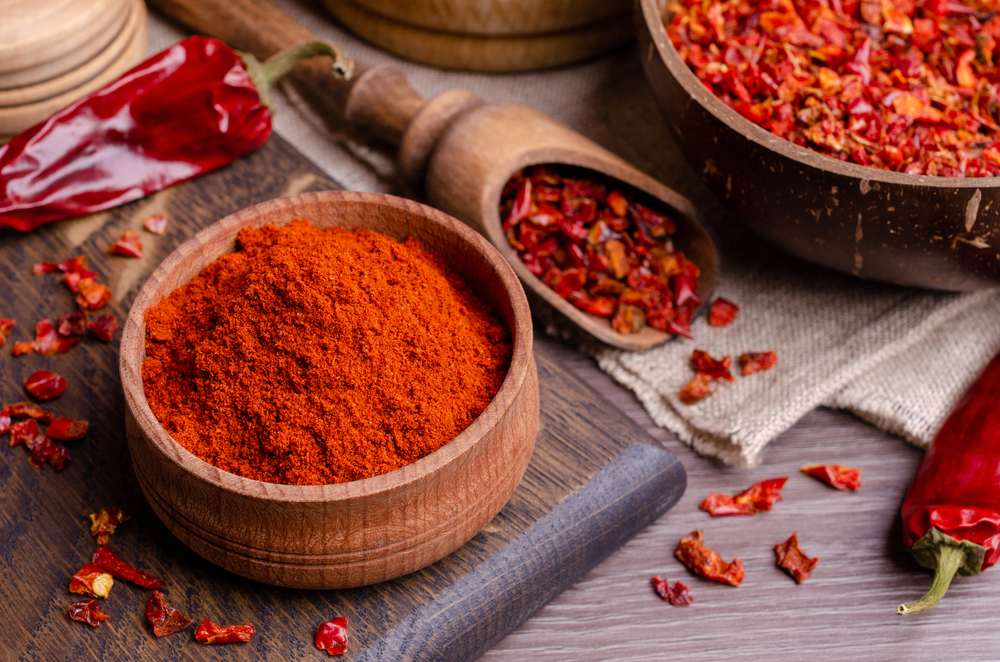
Cayenne pepper, known for its fiery kick, contains capsaicin, which can improve circulation and reduce blood pressure. This spice also boasts antioxidant properties that protect the heart from damage. Regular consumption of cayenne pepper can boost metabolism and support cardiovascular health, making it a spicy addition to your wellness routine.
Black Pepper
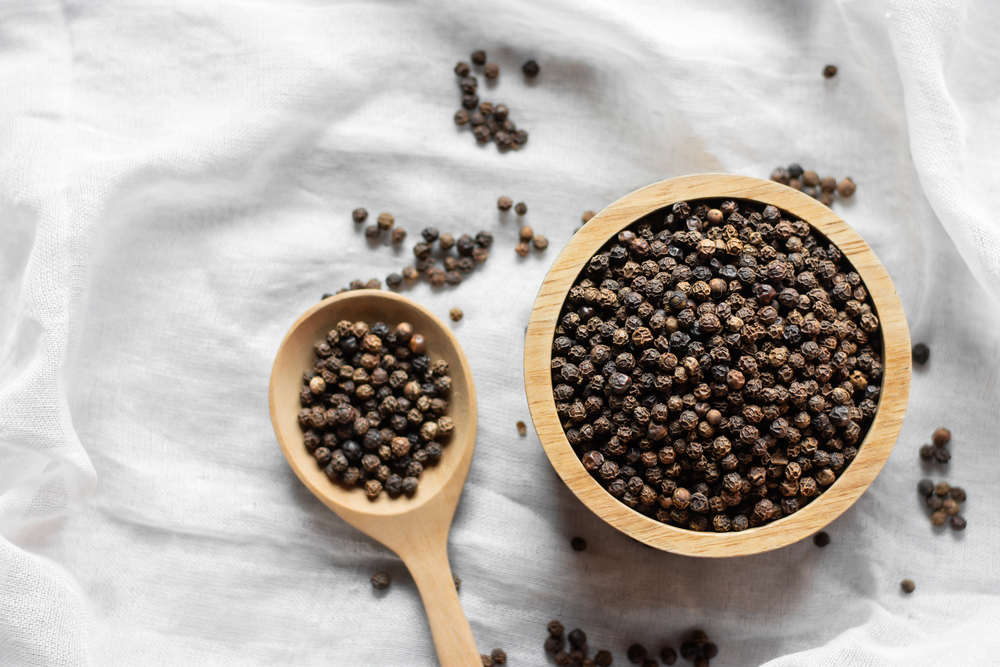
Black pepper, often called the “king of spices,” contains piperine, which has anti-inflammatory and antioxidant effects. Piperine can improve cholesterol levels and support overall heart health. Additionally, black pepper enhances the absorption of other beneficial compounds, such as curcumin, from turmeric, amplifying their effects. A dash of black pepper can elevate your meals’ flavor and health benefits.
Oregano
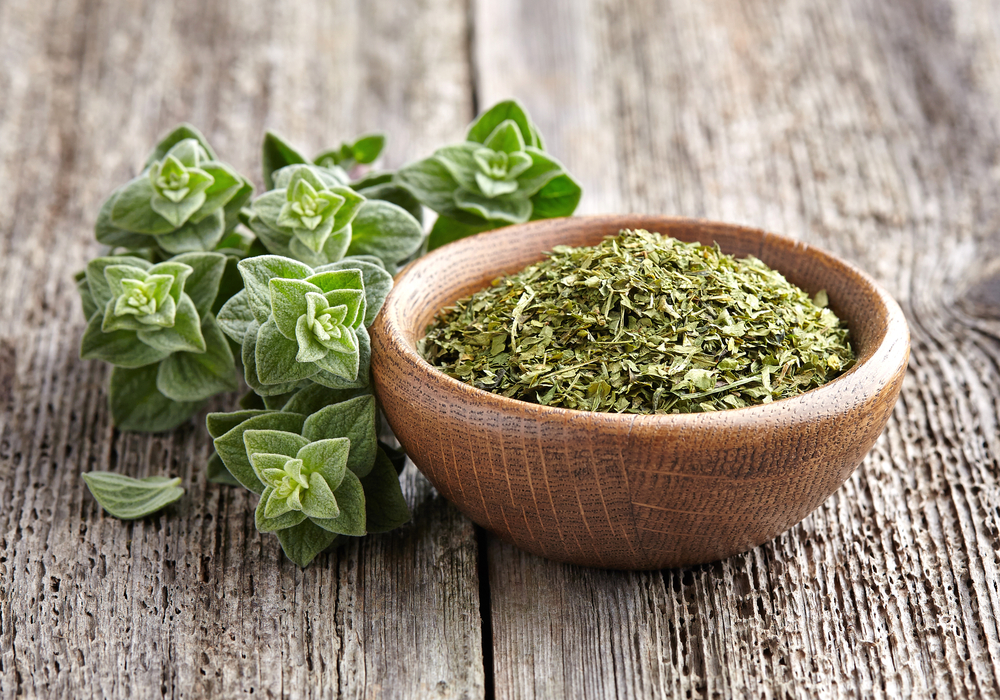
Oregano is more than just a staple in Italian cuisine; it’s packed with antioxidants and anti-inflammatory compounds that promote heart health. It contains carvacrol and thymol, which help reduce cholesterol levels and improve overall cardiovascular function. Oregano also has antimicrobial properties, supporting general health. Use oregano to season pasta sauces, salads, and grilled meats for a heart-healthy flavor boost.
Basil

Basil is a fragrant herb and a powerhouse of health benefits, particularly for the heart. It contains eugenol, a compound that can help lower blood pressure and improve circulation. Basil also has cholesterol-lowering effects, contributing to overall cardiovascular wellness. Fresh basil can be added to salads, soups, and pasta dishes, enhancing both flavor and health.
Rosemary
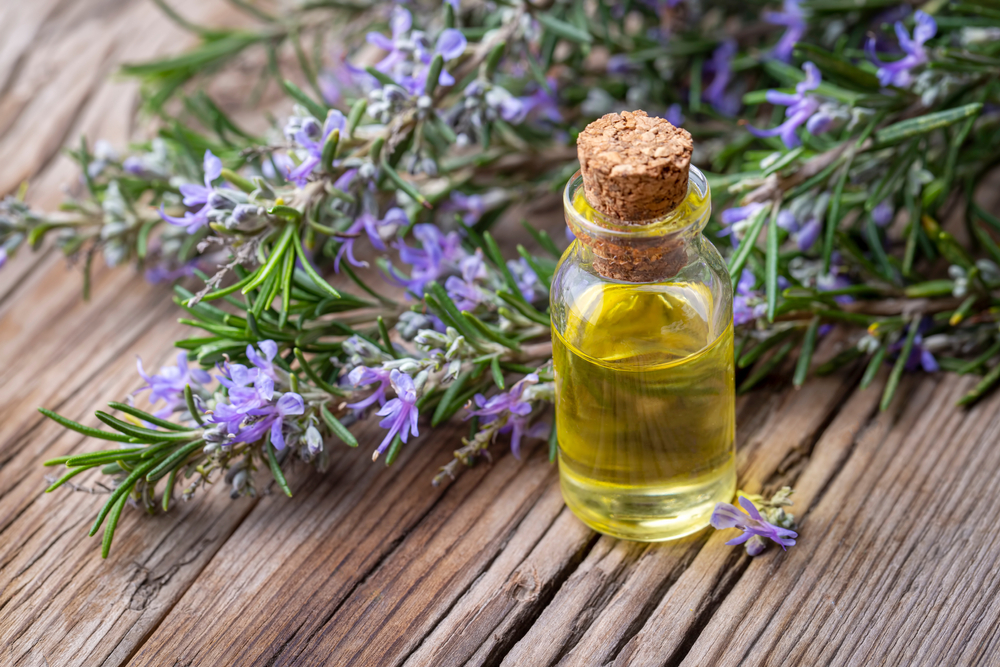
Rosemary, with its pine-like fragrance, is rich in antioxidants such as rosmarinic acid and carnosic acid, which protect the heart. This herb can help reduce inflammation and improve circulation, supporting overall cardiovascular health. Rosemary’s antimicrobial properties also contribute to general wellness. Use rosemary to season roasted vegetables, meats, and breads for a tasty, heart-healthy meal.
Parsley
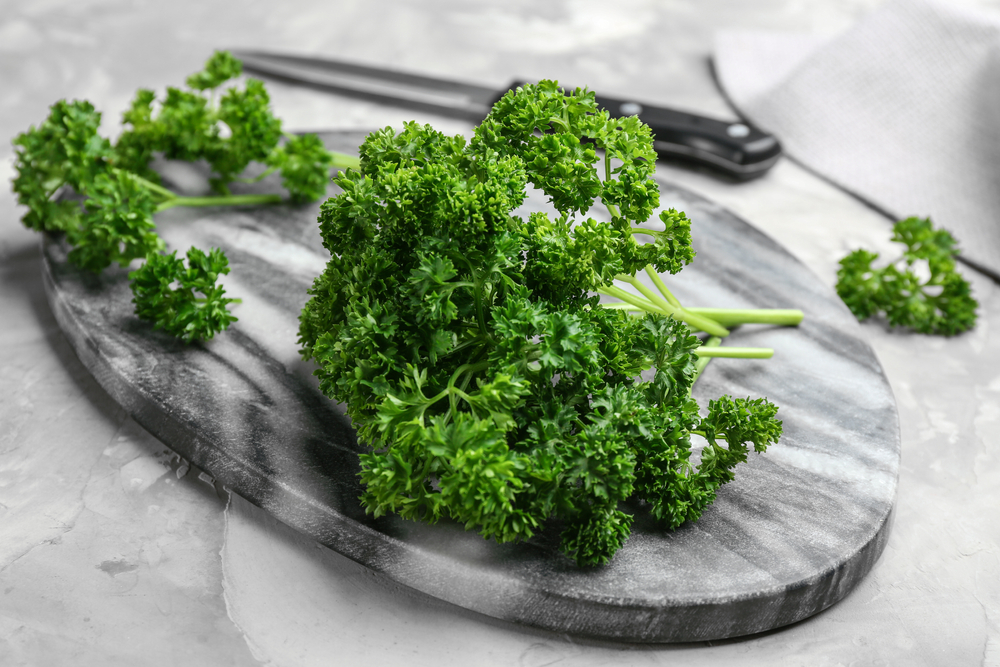
Parsley is often used as a garnish, but it’s packed with antioxidants like flavonoids that can reduce oxidative stress and inflammation. This herb also contains compounds that can improve cholesterol levels and support heart health. Rich in vitamins and minerals, including vitamin K, parsley is essential for heart function. Add fresh parsley to salads, soups, and sauces to reap its health benefits.
Thyme
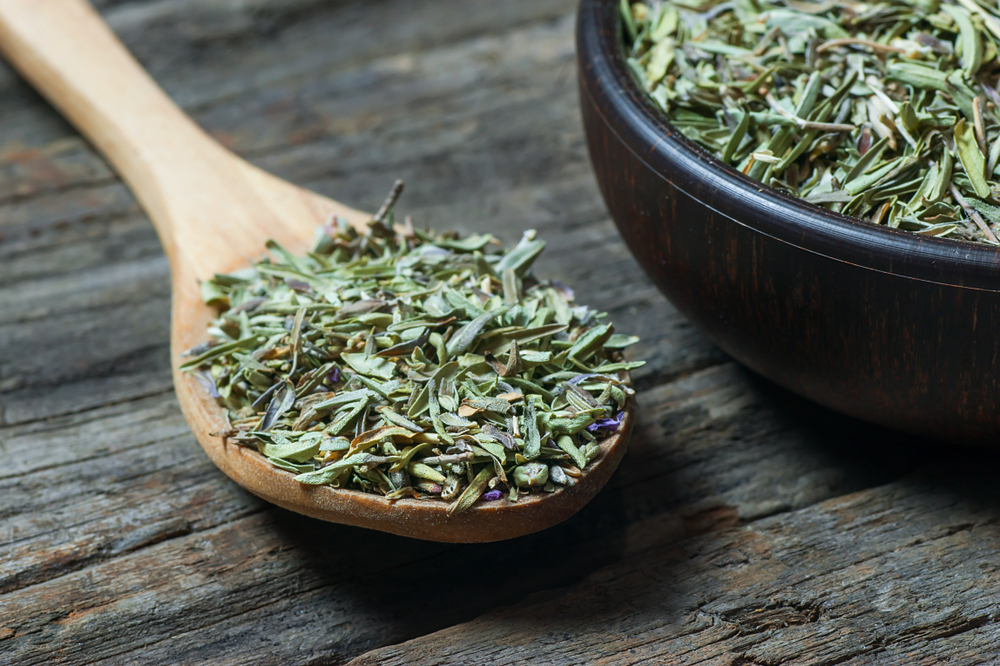
Thyme, a fragrant herb commonly used in cooking, contains thymol, an antioxidant that helps reduce inflammation and support heart health. It can improve blood flow and lower blood pressure, making it a valuable addition to a heart-healthy diet. Thyme also boasts antimicrobial properties, which support overall health. Use fresh or dried thyme in soups, stews, and roasted dishes for added flavor and health benefits.
Sage

Sage, known for its earthy flavor, is rich in antioxidants and anti-inflammatory compounds that support heart health. It can help improve cholesterol levels and reduce blood pressure, contributing to overall cardiovascular wellness. Sage also has antimicrobial properties, which support general health. Add sage to roasted meats, vegetables, and stuffing for a delicious and healthy meal.
Fenugreek
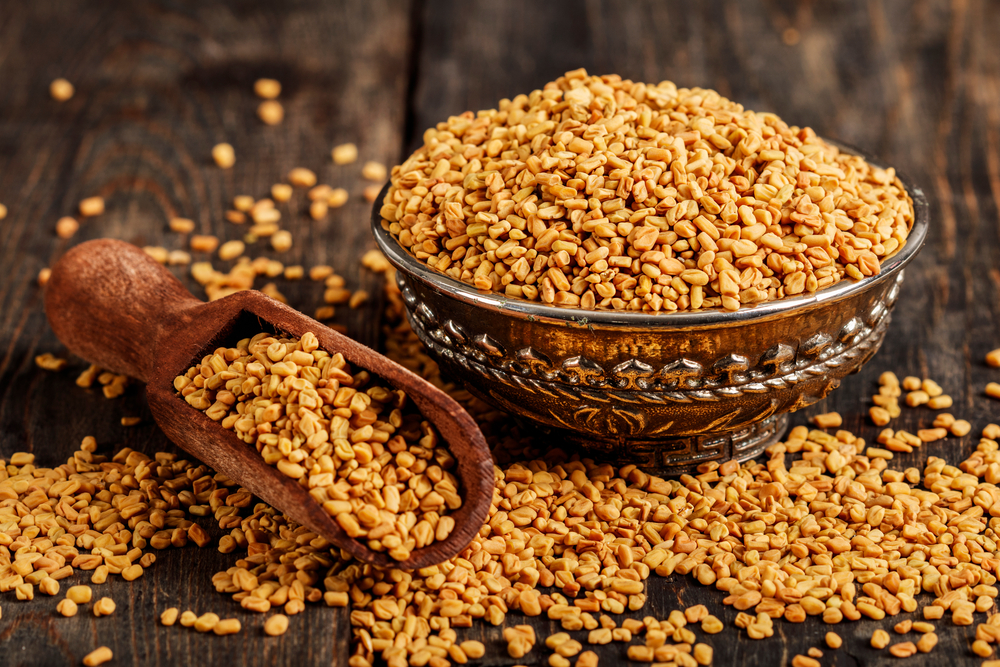
Fenugreek seeds are a great source of soluble fiber, which can help lower cholesterol levels and improve heart health. They also have anti-inflammatory properties that support cardiovascular wellness. Additionally, fenugreek can improve blood sugar control, which benefits heart health. Use fenugreek in curries, soups, and teas to benefit from its health.
Cilantro
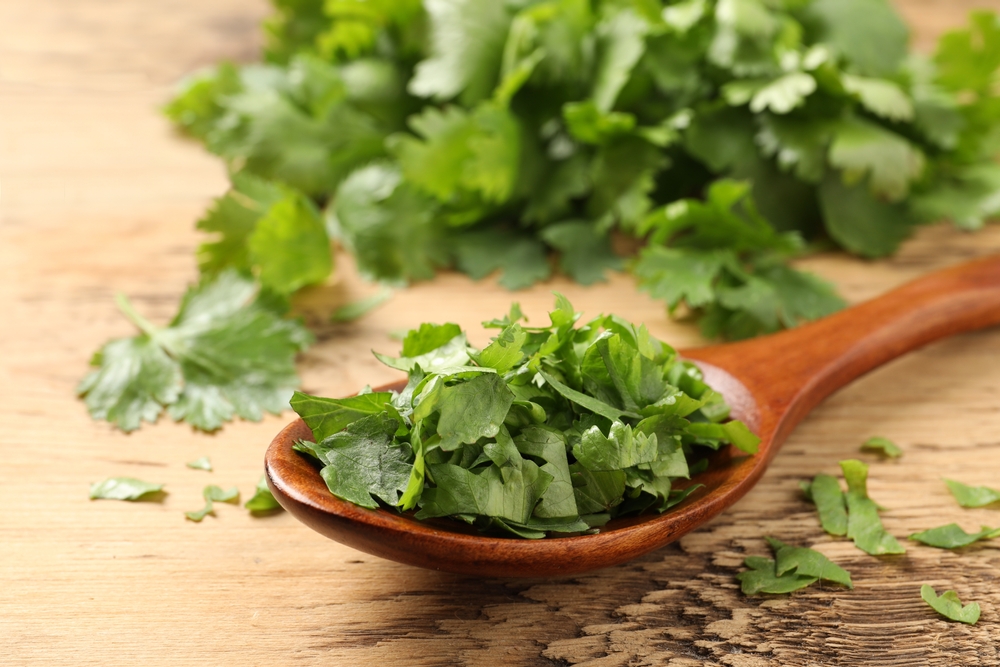
Cilantro, often used in salsas and salads, is rich in antioxidants and has anti-inflammatory properties that support heart health. It can help reduce cholesterol levels and improve blood sugar control, both of which are important for cardiovascular wellness. Cilantro also has antimicrobial properties, which support overall health. Add fresh cilantro to your meals for a burst of flavor and health benefits.
Cloves
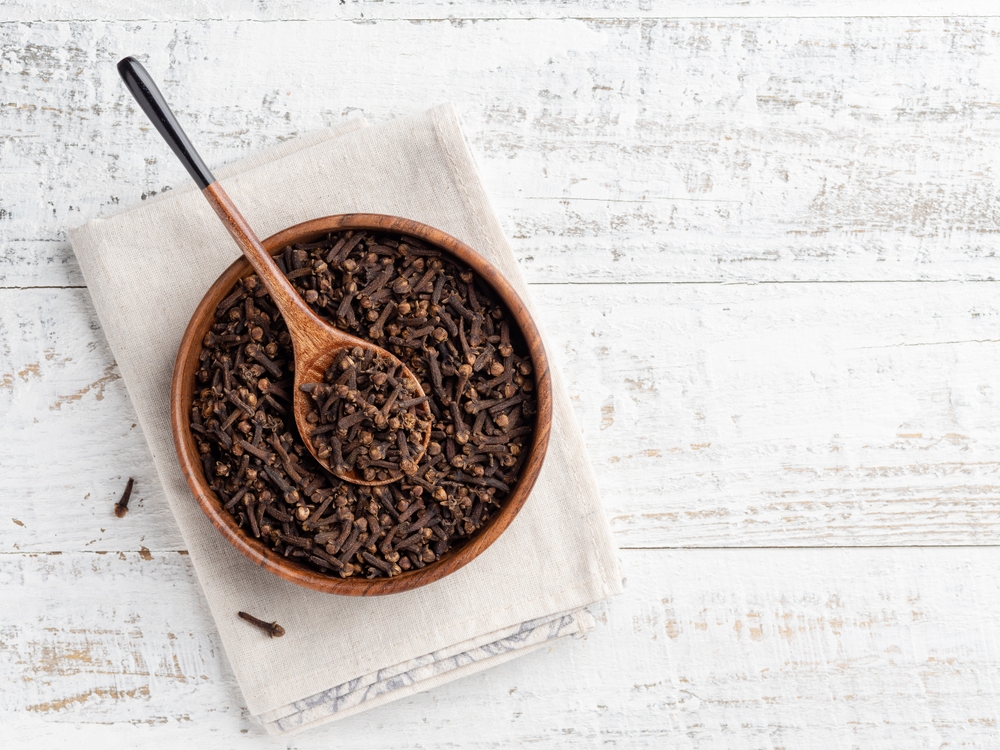
With their warm, sweet flavor, cloves contain eugenol, an antioxidant that helps reduce inflammation and supports heart health. They can improve blood circulation and lower blood pressure, promoting better cardiovascular function. Cloves also have antimicrobial properties, supporting general health. Use cloves in baking, teas, and savory dishes for their distinct taste and health benefits.
Nutmeg
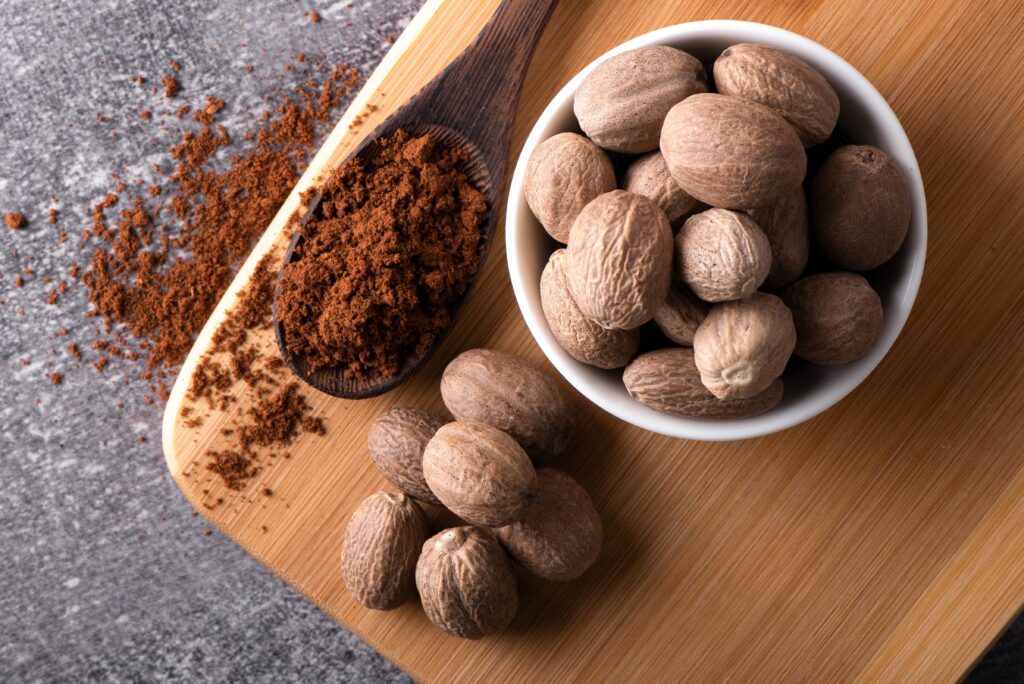
Nutmeg is a popular spice in baking and has antioxidant properties that help reduce inflammation and support heart health. It can improve blood circulation and lower cholesterol levels, contributing to overall cardiovascular wellness. Nutmeg also has antimicrobial properties, supporting general health. Add a pinch of nutmeg to desserts, sauces, and beverages for a flavorful and healthy twist.
Cardamom
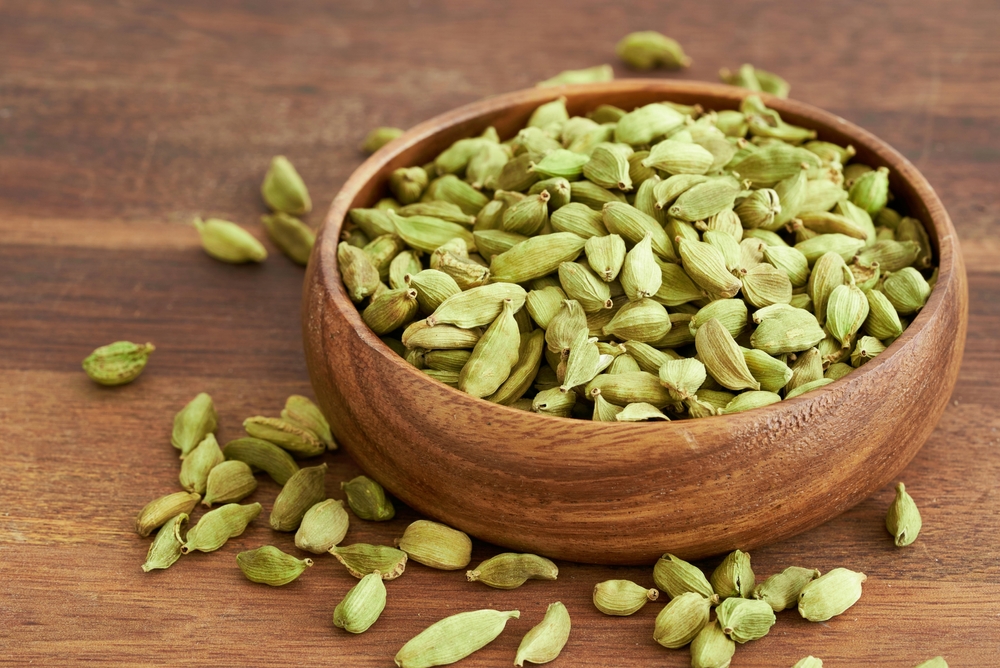
Cardamom, with its sweet and spicy flavor, contains antioxidants that help reduce inflammation and support heart health. It can improve blood circulation and lower blood pressure, promoting better cardiovascular function. Cardamom also has antimicrobial properties, supporting overall health. Use cardamom in teas, curries, and baked goods for its unique flavor and health benefits.
Cumin
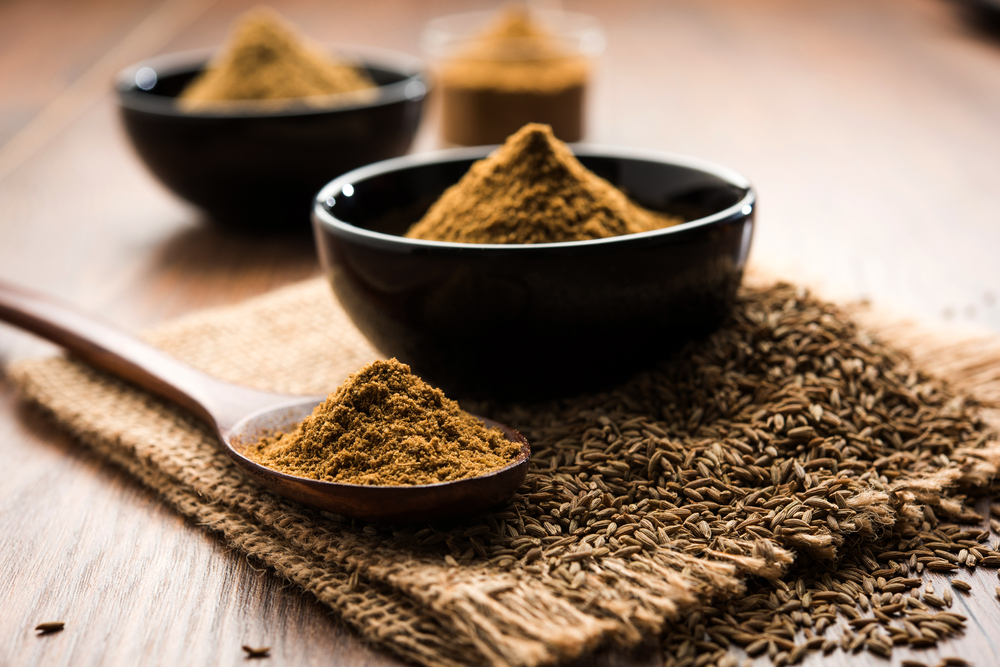
Cumin, commonly used in many cuisines, is rich in antioxidants and has anti-inflammatory properties that support heart health. It can improve cholesterol levels and aid digestion, both of which are important for cardiovascular wellness. Cumin also has antimicrobial properties, supporting general health. Add cumin to curries, soups, and roasted vegetables for a healthy and flavorful meal.
Saffron
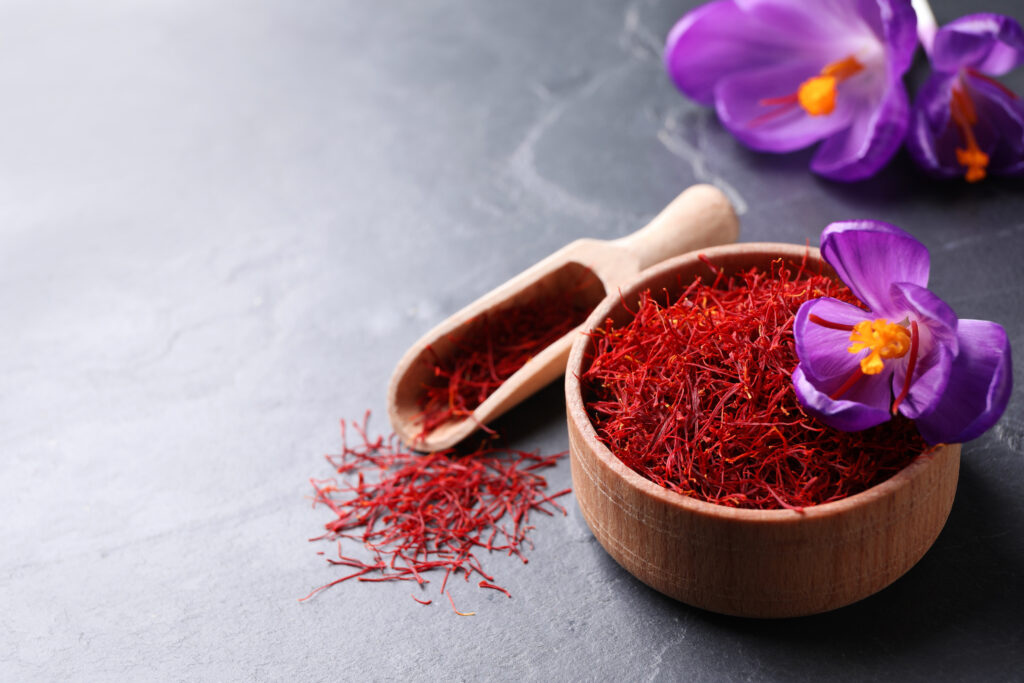
Saffron, known as the world’s most expensive spice, contains antioxidants that help reduce inflammation and support heart health. It can improve cholesterol levels and blood pressure, improving cardiovascular wellness. Saffron also has antimicrobial properties, supporting general health. Use saffron in rice dishes, soups, and teas to take advantage of its unique flavor and health benefits.
Bay Leaves
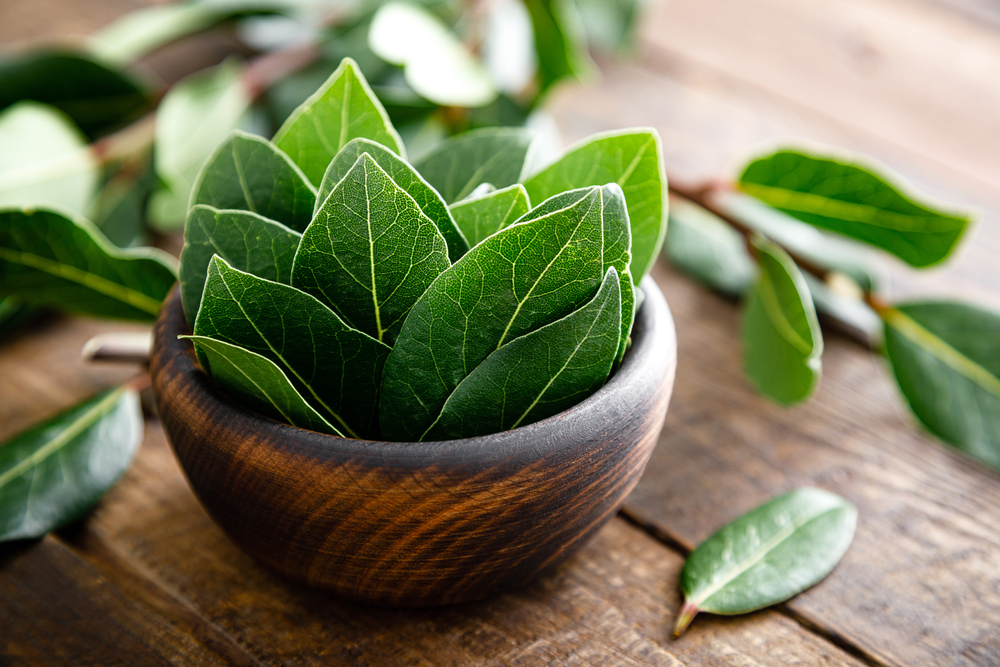
Bay leaves, often used to flavor soups and stews, are rich in antioxidants and have anti-inflammatory properties that support heart health. They can improve cholesterol levels and aid digestion, promoting better cardiovascular function. Bay leaves also have antimicrobial properties, supporting general health. Add bay leaves to your cooking for a subtle flavor and numerous health benefits.
This article originally appeared on RetailShout.
More From RetailShout
15 Unique Aldi Products You Won’t Find at Other Grocery Stores

Aldi is known for offering high-quality products at budget-friendly prices, but what truly sets the retailer apart are its exclusive offerings that you won’t find anywhere else. From gourmet food items to innovative household products, Aldi’s shelves are packed with unique finds that cater to every aspect of your lifestyle. Read More.
15 Best Bottled Salsas You Can Buy, Ranked

When it comes to adding a burst of flavor to your favorite dishes, salsa is the ultimate go-to condiment. But with so many options on the market, finding the best one can be a challenge. That’s why we’ve taken the guesswork out of it and ranked the top 15 bottled salsas you can buy, from tangy and mild to bold and fiery. Read More.
10 Practical Money-Saving Benefits of Decluttering Your Home

We all know that a cluttered home can be stressful and overwhelming, but did you know it can also cost you money? Decluttering isn’t just about creating a more organized and peaceful living space; it can actually have a significant impact on your finances. Read More.





